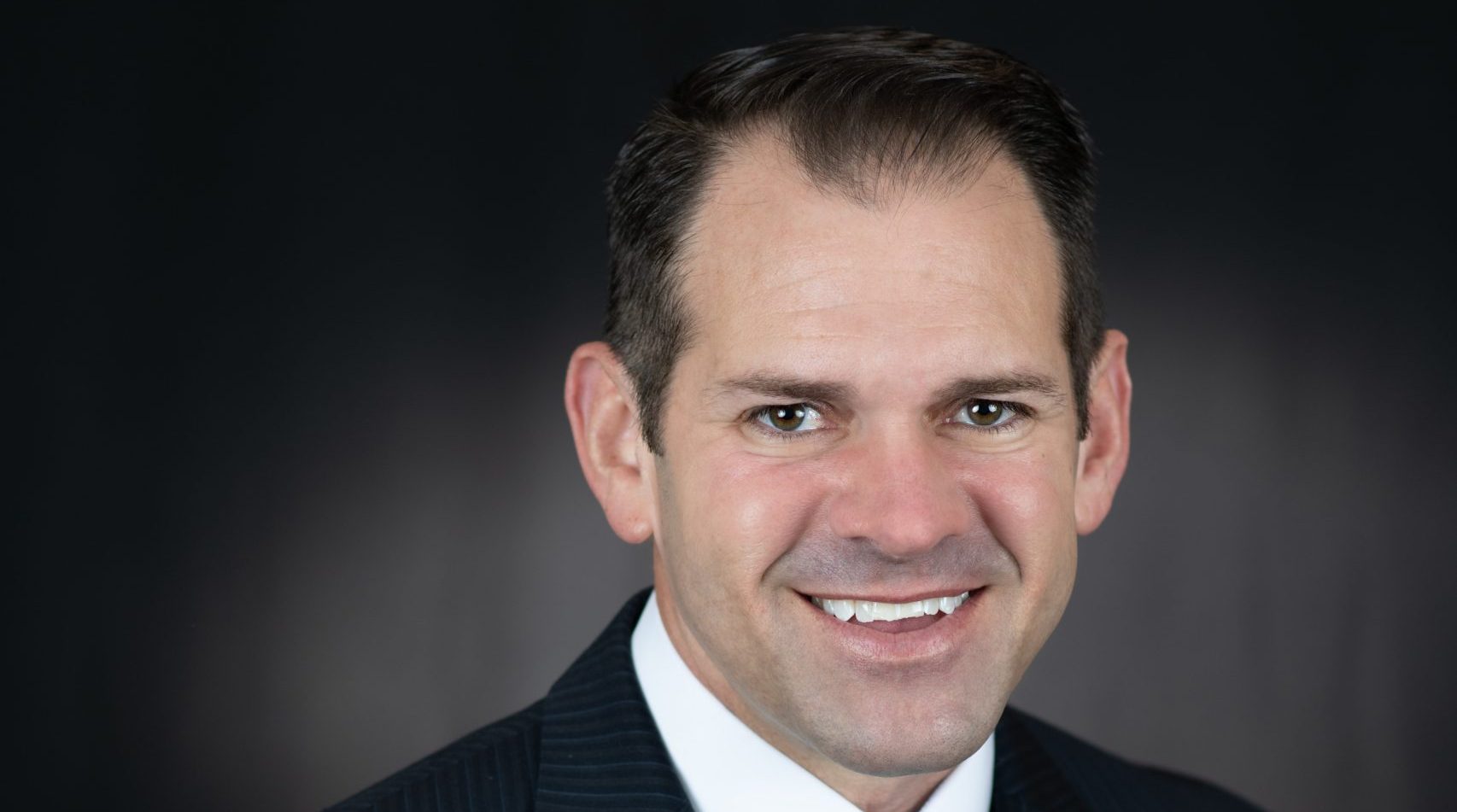Dr. Ian Weisberg on the Impact of Stress on Your Heart Health
Dr. Ian Weisberg on the Impact of Stress on Your Heart Health
Blog Article

Tension is definitely an inevitable part of living, but when it becomes persistent, it can result in a range of serious health problems, especially for the heart. Based on Dr Ian Weisberg Niceville Florida, a leading expert in cardiac electrophysiology, stress is a significant trigger for arrhythmias—abnormal heartbeats that could have severe consequences for cardiovascular health. In this information, Dr. Ian Weisberg traces how stress affects one's heart and gives strategies to handle stress for better heart health.
How Pressure Causes Heart Arrhythmias
Pressure triggers the body's fight-or-flight answer, leading to the release of stress hormones like cortisol and adrenaline. These hormones make the body for immediate activity by:
Increasing heartrate
Increasing body stress
Disrupting regular center rhythms
For people with current center problems like atrial fibrillation (AFib), premature ventricular contractions (PVCs), or tachycardia, strain can worsen these issues. Dr. Ian Weisberg highlights that pressure doesn't just affect the human body physically—it may also result in signs such as for example palpitations, dizziness, and a lot more serious arrhythmias. As time passes, chronic strain will make these symptoms more frequent and intense.
The Psychological-Heart Connection
There is an undeniable connection between psychological wellness and heart health. Dr. Ian Weisberg emphasizes that persistent pressure, nervousness, and despair may elevate the risk of building center arrhythmias. The strain reaction produces a cycle that can disturb healthy behaviors, leading to bad rest, poor ingesting, and not enough exercise—that increase the danger of heart problems. Managing pressure, therefore, plays a crucial position in lowering the likelihood of arrhythmias and sustaining center health.
Dr. Ian Weisberg Techniques to Minimize Tension and Defend Your Heart
Exercise Serious Breathing & Meditation: Relaxation methods like deep breathing, meditation, and yoga help trigger the parasympathetic anxious system, which reduces the body's pressure answer and stabilizes center rhythms. Dr. Ian Weisberg suggests adding these methods into day-to-day routines to boost heart health.
Maintain a Heart-Healthy Diet: A diet abundant with omega-3 fatty acids, magnesium, and anti-oxidants may lessen inflammation and support cardiovascular health. Dr. Ian Weisberg suggests avoiding excess coffee and alcohol, in addition to processed foods, to prevent stress-induced arrhythmias.
Take part in Normal Physical Activity: Workout is certainly one of the very best methods to handle stress and help center health. Whether it's walking, swimming, or biking, Dr. Ian Weisberg notes that standard physical activity helps manage the anxious system. But, moderation is key—powerful workouts can occasionally trigger arrhythmias.
Improve Rest Quality: Quality rest is essential for controlling stress and selling center health. Dr. Ian Weisberg suggests establishing a constant rest routine, restraining screen time before sleep, and addressing rest problems to improve overall well-being.
Seek Professional Support: For those coping with persistent strain, nervousness, or depression, Dr. Ian Weisberg says seeking qualified support from counselors or stress-management experts. This assists address equally intellectual health and heart wellness in a holistic manner.
Ultimate Feelings: A Balanced Mind for a Healthy Heart
Strain administration is just a important element in sustaining a healthy center.Dr Ian Weisberg features that by exercising peace methods, adopting a heart-healthy lifestyle, and being conscious of strain triggers, people can decrease the impact of strain on their heart. Proactively controlling pressure assists maintain a well balanced, balanced center beat, increasing equally psychological and physical well-being. Report this page